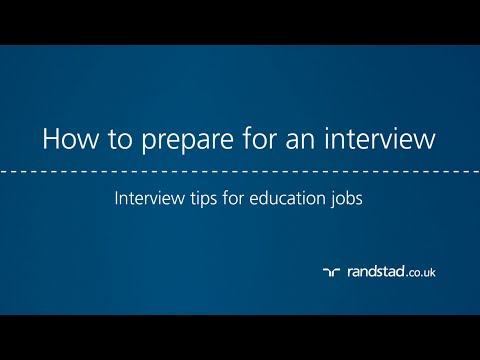People working in maths teaching jobs in secondary schools will be expected to teach pupils aged 11 upwards relatively basic maths skills, as well as teaching 15-18 year-olds more complex mathematical concepts required to get them through GCSEs and A-levels.
A good maths teacher should be passionate about mathematics as well as about teaching in general; they are committed and dedicated individuals with excellent communication and organisational skills, so it's vital that these kinds of qualities come across at interview.
Not all students like maths, in fact, many will find it positively boring. The key to being a good maths teacher is to find a way to make the subject interesting to even the most disinterested members of the class. The ideal maths teacher is one with a charismatic personality whose enthusiasm for the subject is nothing short of infectious: failing that, a good candidate for a maths teaching position can breathe new life into the subject and assist those pupils who struggle with arithmetic to gain confidence in their skills.
What you need to know to become a maths teacher.
The ideal candidate will be able to show an extensive knowledge of mathematics at a university level and preferably at graduate level: this wide body of knowledge allows a maths teacher to explain concepts to a class with confidence, rather than constantly consulting the answers at the back of his or her textbook. Confidence boosts credibility and trust in the classroom environment.
With so many potential questions that could be asked during the interview by a panel that could number anywhere between six and twelve individuals, it's important to relax and consider every answer. Candidates should not be afraid to take a pause before answering a question to ensure the answer is clear and well thought out rather than blurting out an unfocused ramble simply for the sake of saying something.
Make eye contact and don't forget to thank the panel at the end of the interview and to shake hands. Remember that the panel will always ask a candidate if they have any questions at the end; if a candidate has nothing prepared, it is fine to use this opportunity simply to thank the school for the interview.
Our recruiters in the education sector outline their top interview prep tip below:
<h3>Interview questions for secondary maths teachers.</h3>
<p>To help you out, we've put together some example interview questions:</p>
<ul>
<li>Why do you want to be a maths teacher?</li>
<li>Describe your teaching method – how would it help pupils get to grips with maths?</li>
<li>How would you boost a pupil's self-confidence if they were struggling with basic maths skills?</li>
<li>How do you plan to get girls interested in maths?</li>
<li>How do you plan to use technology in a typical maths lesson?</li>
<li>How would you encourage the practical applications of mathematical thinking in everyday life?</li>
</ul>
<h4>General interview questions.</h4>
<ul>
<li>What are you strengths? What are your weaknesses?</li>
<li>Are you familiar with this school? What are your impressions of it?</li>
<li>Why are you the right candidate for the job?</li>
<li>Would you be interested in participating in after school activities?</li>
<li>How do you see yourself in five years' time?</li>
</ul>
<p>Most importantly, be confident and let employers see your passion for the subject. Want some more example questions to help you prepare further? <a href="/career-advice/interview-guidance/10-most-common-interview-questions/">Click here</a> to take a look.</p>
